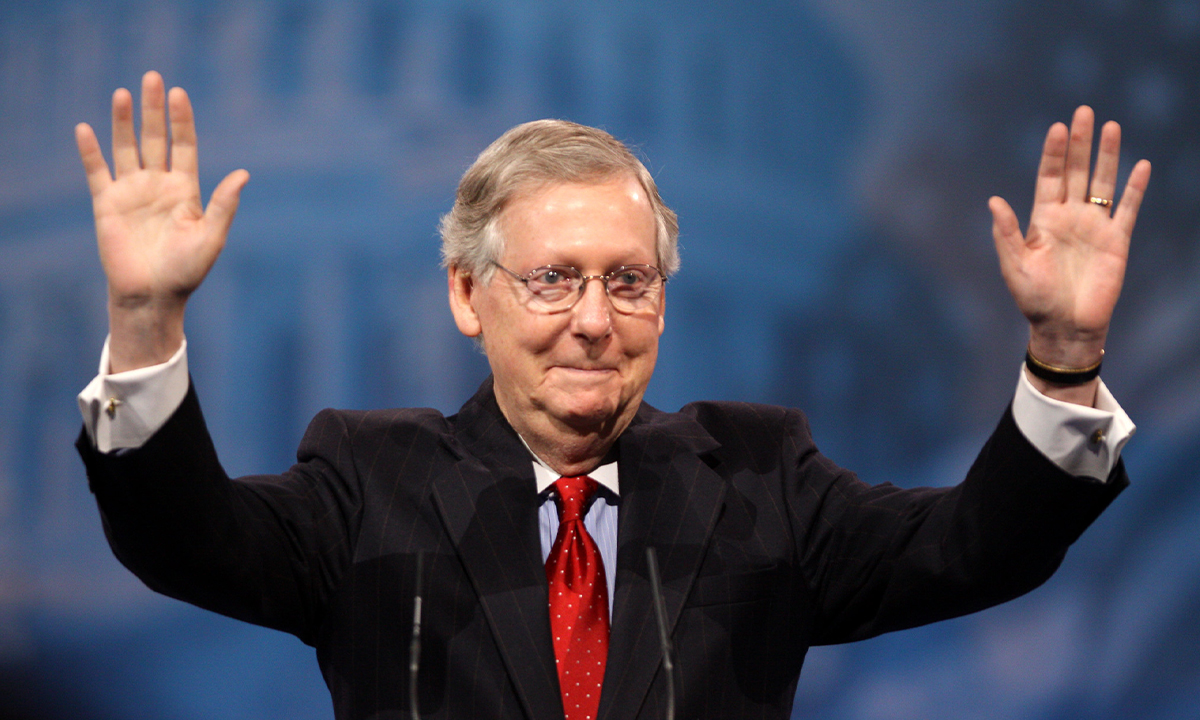Written by Michael Palomba
Last night, the Senate has passed a $2 trillion coronavirus relief bill, the largest in the nation’s history. The 880-page bill was passed unanimously with a 96-0 vote, despite some last minute objections from a few senators.
The measure will provide direct payments to Americans, a major boost to unemployment benefits, and billions in credit for struggling industries. Shortly after the bill was passed, the jobs report revealed that over three million Americans filed for unemployment last week.
The House will likely vote on the bill this Friday, according to Majority Leader Steny Hoyer. If it passes as expected, it will then travel to the White House for President Trump’s signature. The president has been vocal about his support for the stimulus bill and tweeted in celebration after it passed in the Senate.
96-0 in the United States Senate. Congratulations AMERICA!
— Donald J. Trump (@realDonaldTrump) March 26, 2020
Over the course of yesterday, the fate of the bill looked uncertain because a small group of republican senators opposed an unemployment provision that would provide an additional $600 per week for four months. Sen. Lindsey Graham argued that people would make more money unemployed than they would by working. An attempt to amend the bill was made, but it failed to garner enough support.
Ultimately, the bill passed with strong bipartisan support and Senate Majority Leader Mitch McConnell praised the cooperation, considering a divisive impeachment trial just wrapped up a few weeks ago.
“From arguably the most partisan, divisive thing you could possibly do to coming together entirely, 100 of us, to meet this challenge, I think, says a lot about the United States Senate as an institution, our willingness to put aside our differences and to do something really significant for the country,” he said.
What exactly is in the stimulus bill?
- The bill will provide direct payments to Americans. $1,200 for single Americans and $2,400 for couples, plus $500 for each child under the age of 17. The payment amount would decrease for individuals that make over $75,000 and individuals making more than $99,000 would not qualify. The thresholds are doubled for couples.
- Student loan payments will be suspended, without penalty, through September 30.
- The REAL ID deadline has been delayed.
- Unemployment benefits will now provide workers with an extra $600 per week for four months.
- $500 billion in lending problems will provide relief to struggling industries.
- Hospitals will receive about $117 billion, according to the American Hospital Association.
There are other things in the bill as well, but these are the main points.
This would be the third round of emergency legislation approved by Congress to combat the coronavirus pandemic. Previously, $8.3 billion was allocated for health agencies and around $100 billion was aimed at providing free COVID-19 testing as well as funding for unemployment, Medicaid, and food assistance.




